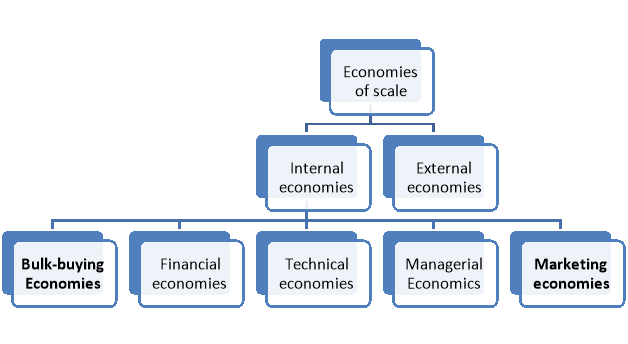Neo-classicals uphold perfect competition as the ideal state of the market. But in truth, the economy is fraught with market failures. Therefore, we need government interference to correct many of these market failures. Pigovian Tax (also spelled Pigouvian tax) imposed by the government is one such course of intervention. It helps to curb negative externalities (e.g. pollution) and reduce the burden on the society caused by the externalities (social costs of production and consumption). Moreover, it attacks over-consumption, bringing it closer to the socially optimal level of production and/or consumption.
What is Pigovian Tax?Pigovian tax is a kind of tax, which is levied to correct a negative cost that is created by the actions of any business firm, but that is not considered in a firm’s private costs or profits.… Read the rest

